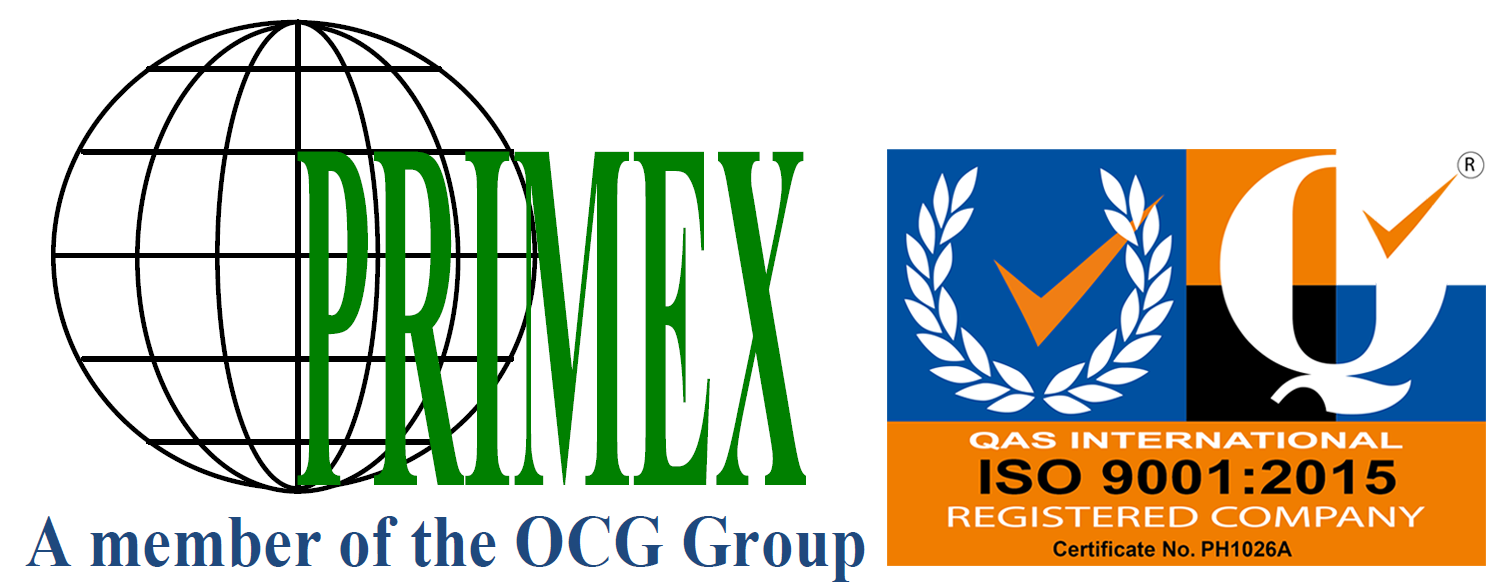Name of Client:
Asian Development Bank (ADB)
Country:
Viet Nam
Length of Consultancy Assignment:
Start Date: 1 March 2018
Completion Date: 31 March 2019
Detailed Narrative Description of Project:
This Project Preparatory Technical Assistance (PPTA) prepared the design of a pproject that will support the Ho Chi Minh City (HCMC) People's Committee and their government to finance sound wastewater and drainage system in the remaining catchments, thereby strengthening its foundation as the socioeconomic growth pole of southern Viet Nam. The overall impact of the proposed program will be livability and climate resilience improved in HCMC, and its outcome will be wastewater and drainage collection, treatment, and management capacity in key HCMC catchments improved.
The objectives of the PPTA were to: (i) draft and finalize a wastewater and drainage sector strategy and road map that the proposed ADB program will support; (ii) design a project under the program (the first tranche) suitable for ADB financing by identifying the most appropriate project components to achieve the desired project impact; (iii) design the project in collaboration with Japan International Cooperation Agency (JICA) to leverage effectiveness of the project; (iv) prepare proposed project components based on detailed due diligence assessment of technical, economic and financial, governance, safeguards, poverty and social, and project risks; (v) provide various training sessions to the executing and implementing agencies and other relevant stakeholders to increase institutional capacity on project development and implementation procedures; and (vi) formulate measures to ensure long–term sustainability of project facilities by improving the management and governance capacity of executing and implementing agencies.
The PPTA team drafted a feasibility study report (FSR) for the project in West Saigon catchment, which complies with both ADB project due diligence requirements and the Vietnamese government’s FSR standards.
PRIMEX fielded an International Environment Expert who had the overall responsibility for environmental due diligence of the multi-tranche financing facility (MFF) program and the West Saigon catchment project. She also provided guidance to the National Environment Specialist and coordinated with the Resettlement Specialists and the Social, Gender, and Community Development Specialists to ensure consistency of the different safeguard plans.
Her tasks included the following: (i) review of prevailing government regulations and ADB guidelines and policies governing the assessment and management of environmental impacts of projects; (ii) assessment of the capacity of the executing agency (EA) and design institutes for environmental assessment, management, and monitoring and recommendation of required measures for capacity building; (iii) provision of advice and training to the Project Management Unit (PMU) and the design institutes on ADB’s safeguard requirements as specified in the Safeguard Policy Statement (SPS), 2009; (iv) preparation of an environmental assessment and review framework (EARF) for the MFF project as a whole, fully responsive to the requirements defined in SPS (2009); (v) review of the domestic environmental impact assessment (EIA) prepared for the project, ensuring that it meets the requirements specified in ADB’s SPS (2009) to the extent possible; (vi) preparation of a project initial environment examination (IEE) and environmental management plan (EMP) for the West Saigon catchment project, following the format and contents specified in the annex to Appendix 1 of the SPS; (vii) development of an EMP that includes the proposed mitigation measures, environmental monitoring and reporting requirements, related institutional or organizational arrangements, public consultation and GRM, capacity development and training measures, implementation schedule, cost estimates, and performance indicators; (viii) assisting the EA to establish a project-level grievance redress mechanism (GRM0 covering formal and informal channels, addressing indigenous peoples’ (IP’s) needs (if relevant), based on the established project’s area of influence, and setting out the timeframe and mechanisms for resolving complaints about environmental performance; (ix) assisting the EA with stakeholder participation, consultation, and involvement during IEE/EMP/GRM preparation and disclosure of relevant information; (x) incorporation of findings of the health impact assessment (HIA) conducted by a third party and the climate risk and vulnerability assessment (CRVA) conducted by the climate change specialist in the IEE and EMP; and (xi) assisting in preparing the environmental safeguard inputs for the RRP and PAM, and contractor specifications for environmental management and monitoring.
